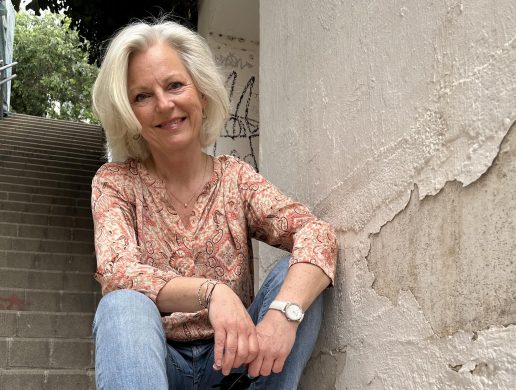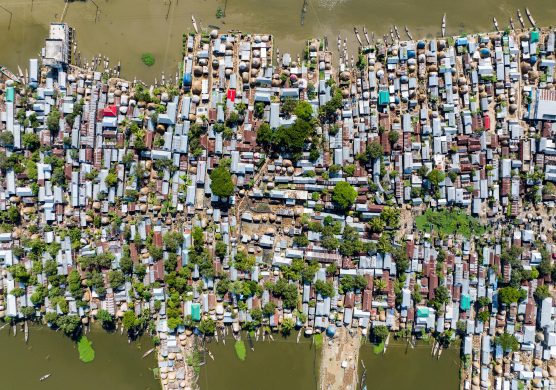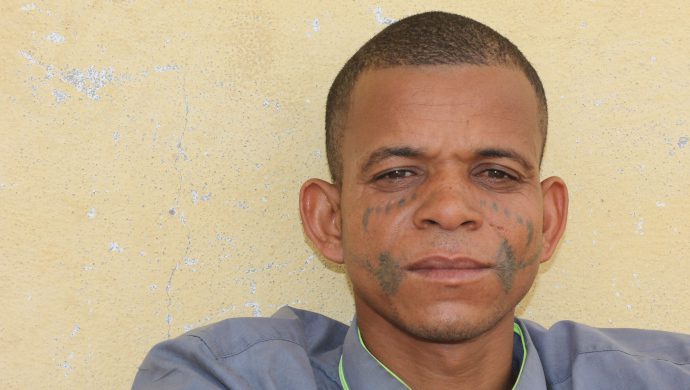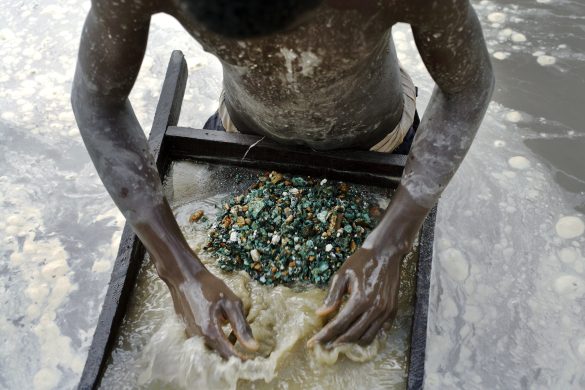Men det vil blive endnu dyrere ikke at punge ud ved kasse et nu, for så vil sygdommene forfølge menneskeheden i generationer, hedder det – og samtidig vil vi redde millioner fra at bukke under for klodens mest smitsomme dræberlidelser.
BRUSSELS, 10 April 2013 (UN News Service): United Nations representatives and international donors Wednesday wrapped up discussions on how to finance an estimated 87 billion US dollar (495 milliarder DKR).
The enormous amount of money is needed by the UN-backed Global Fund to bring under control the global threat posed by HIV/AIDS, tuberculosis and malaria during the 2014-2016 period.
“If we do not seize this moment, we will be dealing with these diseases for generations,” Mark Dybul, Executive Director of the Global Fund to fight AIDS, Tuberculosis and Malaria, said on the second of a two-day conference with donors and other partners in Brussels.
“These moments do not come very often. We can achieve a historic change in the world and that is what we are on this planet to do,” Mr. Dybul added.
According to a needs assessment by the Global Fund and partners, the fight against HIV/AIDS alone will cost some 58 billion dollar in 2014-16, with additional 15 billion for tuberculosis and 14 billion for malaria.
The assessment was drawn up with technical partners at the UN World Health Organization (WHO), UNAIDS, Roll Back Malaria and the Stop TB partnership.
Alle de mange skæbner, der kan reddes
Forecasts presented to the conference showed that, with adequate funding, more than 18 million adults (voksne) eligible for treatment could be on antiretroviral therapy (livsforlængende medicin) by 2016, up from 8 million now; that almost 6 million people could be saved from TB; and that 196.000 more lives could be saved every year from malaria.
In December, the World Health Organisation warned that funding for prevention and control of malaria – which kills an estimated 655.000 people every year and sickens millions more – has levelled off after rapid expansion between 2004 and 2009.
Releasing its annual World Malaria Report, the UN health agency said:
“These developments are signs of a slowdown that could threaten to reverse (bremse) the remarkable recent gains in the fight against one of the world’s leading infectious (smittebærende) killers.”
In addition to the needs assessment, delegates at the meeting heard presentations on new advances in science and implementation that can increase the impact of Global Fund investments to support partners fighting the three diseases.
Health officials also showed how a big increase in impact could be achieved in many countries by focusing efforts on “hot spots,” where disease is most heavily concentrated, and by acting before diseases spread out of control.














